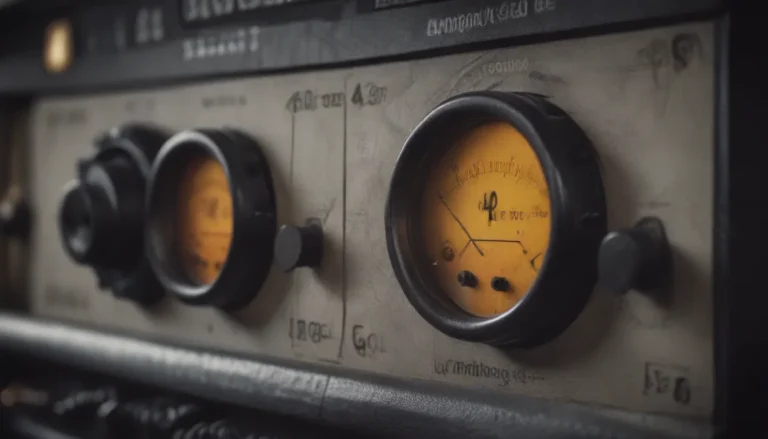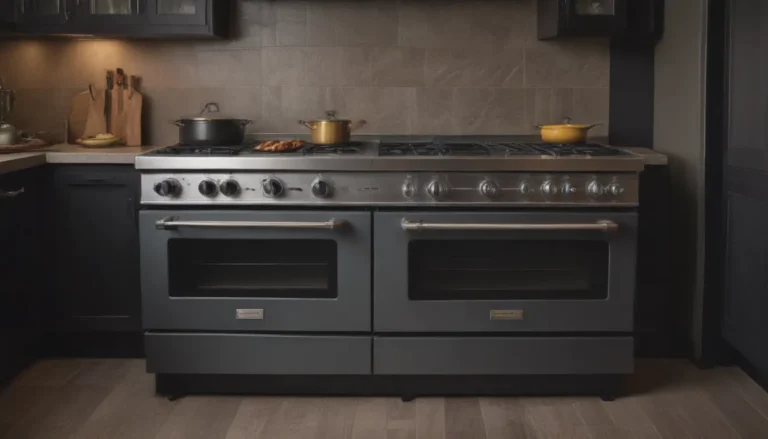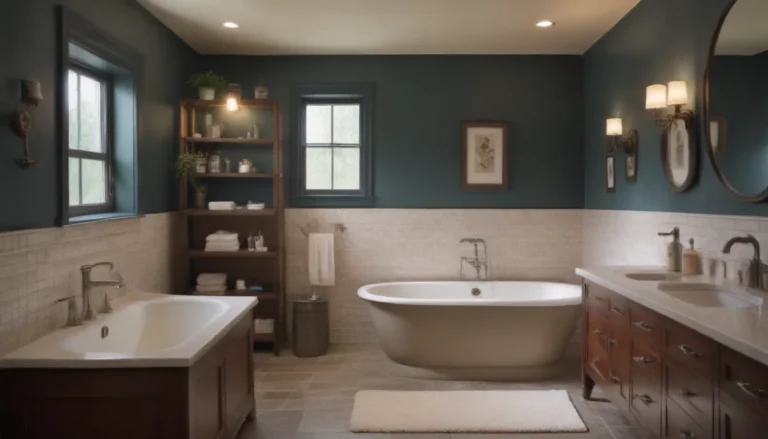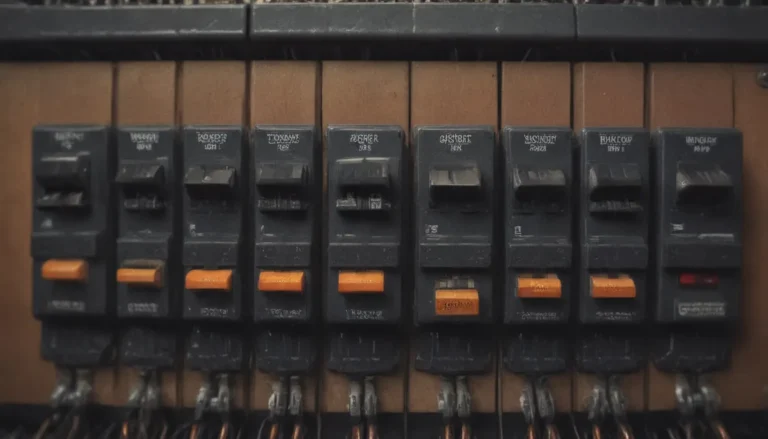10 Common Water Heater Problems and Solutions: Your Comprehensive Guide
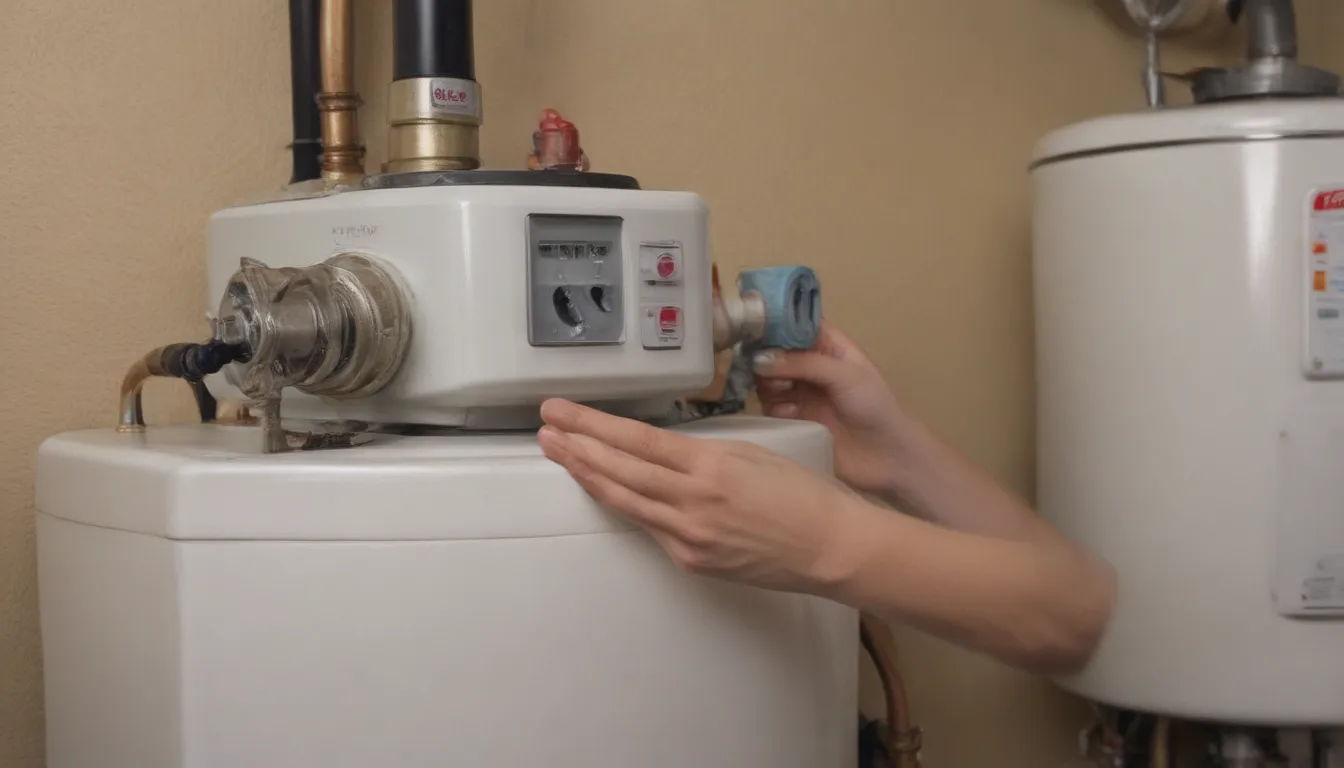
Have you ever experienced the frustration of a malfunctioning water heater? It can disrupt your daily routine, making simple tasks like washing dishes or taking a shower a challenge. The good news is that many common water heater problems can be fixed without the need to call a professional. In this article, we’ll explore 10 common water heater issues and provide you with practical solutions to resolve them.
The Importance of Water Heater Maintenance
Before we dive into the specific problems and solutions, let’s talk about the importance of regular maintenance for your water heater. Just like any other appliance, your water heater requires care to ensure it continues to function efficiently. By practicing proper maintenance, you can prevent many of the issues that lead to malfunctioning water heaters.
Some maintenance tips to keep in mind include:
- Regularly checking for leaks or signs of corrosion
- Flushing your water heater to remove sediment buildup
- Adjusting the thermostat to the optimal temperature
- Checking the pressure relief valve for proper functioning
By incorporating these maintenance practices into your routine, you can extend the lifespan of your water heater and avoid costly repairs down the line.
No Hot Water: Causes and Solutions
One of the most common issues with water heaters is a lack of hot water. If you find yourself in this situation, there are several potential causes to consider:
- Lack of power to the water heater
- Tripped limit switch
- Failed heating elements
To diagnose the cause of your lack of hot water, follow these steps:
- Check the power supply to the water heater to ensure it is functioning properly.
- Reset the limit switch if it has tripped.
- Inspect the heating elements to determine if they are in need of replacement.
By addressing these potential issues, you can restore hot water to your household and avoid any disruptions to your daily routine.
Inadequate Hot Water: Finding the Right Solutions
If your water heater is producing hot water but not enough of it, the problem may be related to the size of your heater. Here are some solutions to consider:
- Ensure your water heater is sized appropriately for your household’s hot water demand
- Check for faulty heating elements
Remember, a water heater should be able to supply 75% of its total capacity as hot water. If you suspect that your heater is undersized or experiencing issues with the heating elements, it may be time to call a professional for assistance.
Water Temperature Is Too Hot: Adjusting the Thermostat
Experiencing scalding hot water from your taps can be a safety hazard. If you find that your water heater is producing water that is too hot, you may need to adjust the thermostat settings. Here’s how:
- Locate the thermostat on your water heater.
- Lower the temperature settings to a safer level.
- Test the water temperature to ensure it is at an appropriate level.
By making these adjustments, you can ensure that your water heater is providing water at a comfortable and safe temperature for your household.
Water Heater Leaks: Identifying the Cause
Water heater leaks are a common problem that can result from various issues, including:
- Leaking valves
- Corroded plumbing connections
- Internal tank corrosion
If you notice water pooling around your water heater, it’s essential to address the issue promptly. Follow these steps to repair leaking valves or plumbing connections:
- Identify the source of the leak.
- Tighten any loose connections with a wrench.
- Monitor the area for signs of continued leakage.
For more severe leaks due to internal tank corrosion, it may be necessary to replace the water heater entirely to prevent further damage.
Rust-Colored Water or Bad Odor: Sign of Internal Corrosion
When water from your taps appears discolored or has a foul odor, it may indicate internal corrosion within the water heater tank. These issues can lead to:
- Brown, yellow, or red-tinted water
- Rotten egg smell
If you observe these symptoms, it’s vital to address the problem promptly to prevent potential health hazards. Consult a professional to assess the extent of the corrosion and recommend appropriate solutions.
Tank Making Noises: Addressing Sediment Build-Up
Unusual noises coming from your water heater, such as rumbling or popping sounds, could indicate sediment build-up in the tank. To resolve this issue, follow these steps:
- Flushing the water heater to remove sediment build-up.
- Draining the tank to eliminate excess sediment.
- Monitoring the tank for signs of continued noise.
By addressing sediment build-up promptly, you can prevent damage to the tank and ensure your water heater continues to operate efficiently.
Leaking Cold Water From an Inlet: Resolving Inlet Leaks
If you notice water leaking from the top of your water heater, it may be due to a leaking cold water inlet connection. To address this issue, follow these steps:
- Turn off the water supply to the water heater.
- Tighten the inlet connection with a wrench.
- Monitor the area for signs of leakage after restoring water supply.
By addressing leaking inlet connections promptly, you can prevent water damage and maintain the integrity of your water heater.
Damaged Pressure Relief Valve: Replacing a Faulty Valve
The temperature pressure relief valve on your water heater may develop a slow leak over time. To replace the valve yourself, follow these steps:
- Turn off the water supply to the water heater.
- Remove the faulty relief valve.
- Install a new relief valve and secure it in place.
- Test the new valve for proper functioning.
By replacing a damaged relief valve promptly, you can ensure the safety and efficiency of your water heater.
Water Heater Is Leaking From the Sides: Addressing Tank Damage
Water leaking from the sides of your water heater may indicate damage or corrosion to the tank itself. In this case, it’s essential to:
- Turn off the power and water supply to the water heater
- Drain the tank to prevent further leakage
- Consult a professional to assess the extent of damage and recommend replacement options
Tanks that exhibit signs of corrosion or damage cannot be safely repaired and may require replacement to prevent potential water damage and safety hazards.
Condensation on the Water Heater: Managing Excess Moisture
Water heaters that appear to be leaking may actually be experiencing excess condensation, rather than a structural issue. To address excess condensation:
- Monitor the water heater for signs of condensation
- Ensure proper ventilation in the area surrounding the water heater
By managing excess condensation effectively, you can prevent water damage to your flooring and maintain the functioning of your water heater.
When to Call a Professional: Knowing Your Limits
While many water heater problems can be addressed independently, some issues may require the expertise of a professional. Situations where you should consider calling a professional include:
- Severe leaks or tank damage
- Internal corrosion of the tank
- Issues with electrical components
If you encounter these or any other complex problems with your water heater, don’t hesitate to seek professional assistance to ensure the safety and efficiency of your appliance.
Maintenance Tips to Prevent Water Heater Issues: A Proactive Approach
To avoid common water heater problems and maintain the longevity of your appliance, it’s essential to practice regular maintenance. Some proactive measures you can take include:
- Checking for leaks and corrosion regularly
- Flushing your water heater annually to remove sediment
- Adjusting the thermostat to an optimal temperature
- Replacing faulty components promptly to prevent further damage
By incorporating these maintenance tips into your routine, you can prevent many of the issues that lead to malfunctioning water heaters and ensure the continued efficiency of your appliance.
In conclusion, addressing common water heater problems promptly can prevent disruptions to your daily routine and ensure the safety and efficiency of your appliance. By following the solutions outlined in this article and practicing proper maintenance, you can keep your water heater in optimal condition for years to come. Remember, when in doubt, don’t hesitate to seek professional assistance to address complex issues and maintain the integrity of your water heater.
